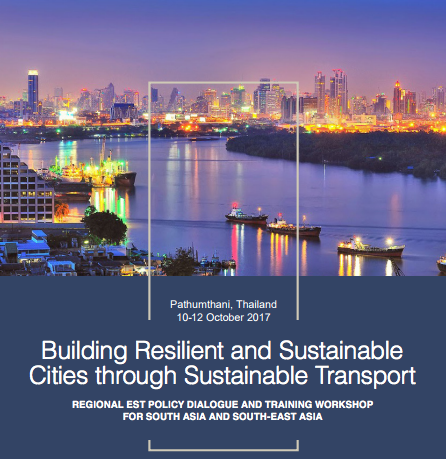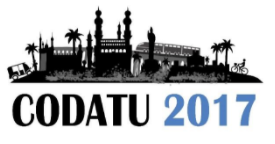Moving towards the Implementation of Safe, Affordable and Sustainable Urban Mobility in Latin America and the Caribbean
Among the guiding principles of the New Urban Agenda (NAU) is the importance of strengthening mobility and sustainable urban transport. Likewise, the proposed Regional Action Plan for the implementation of NAU also seeks to promote sustainable modes of transport in the face of the challenges of climate change, urbanization and urban population growth.


